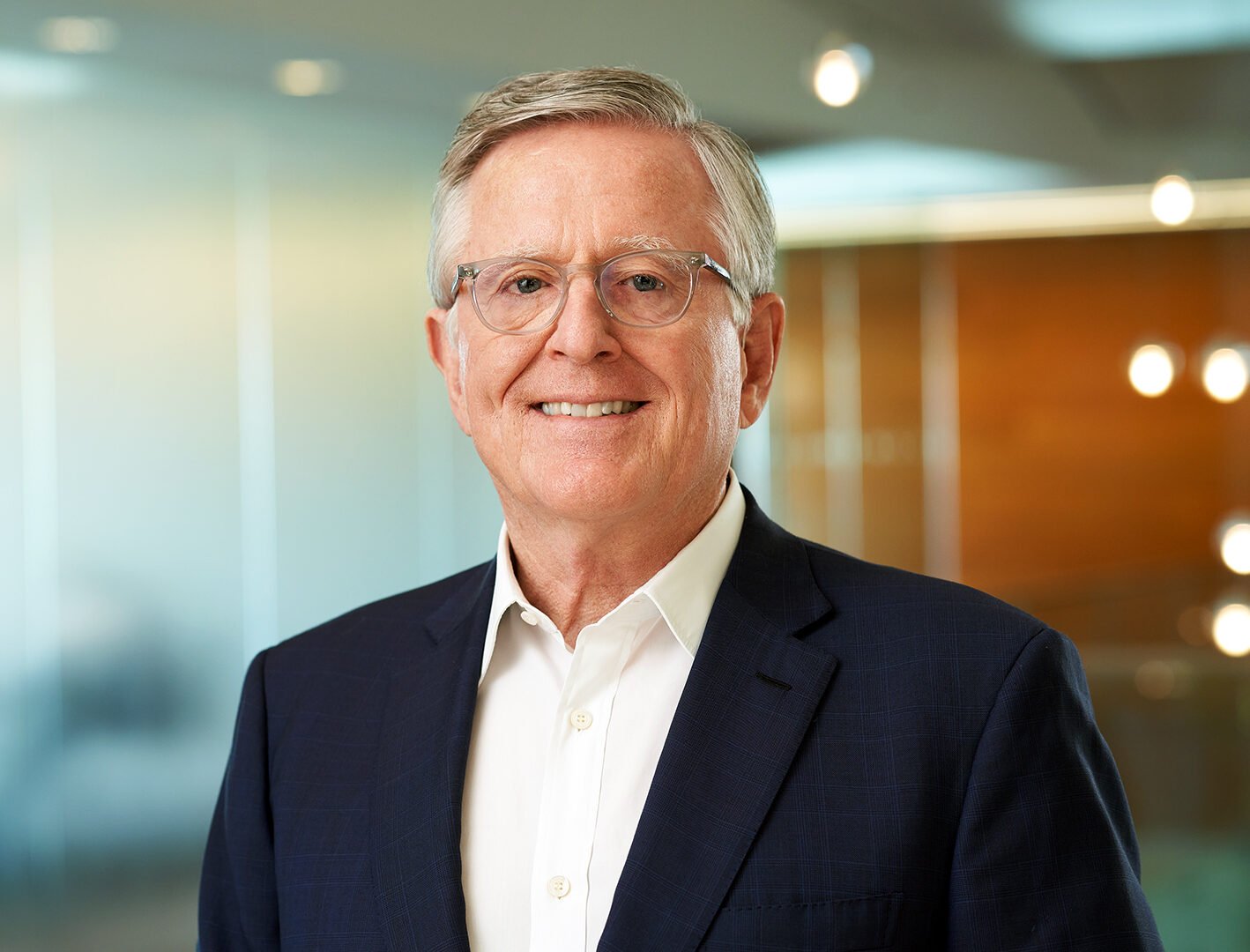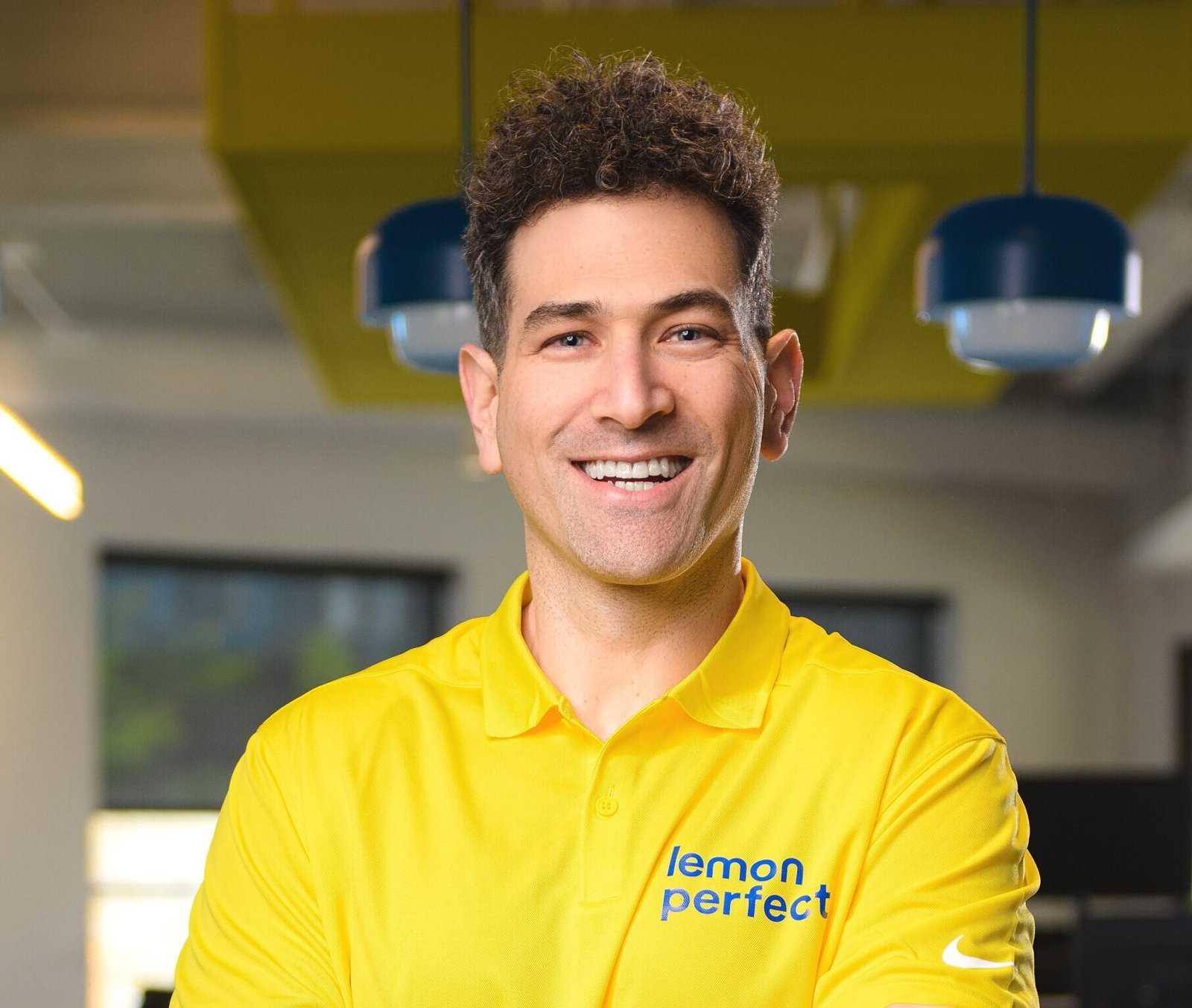Several years ago, I interviewed Dan Moceri, co-founder and Executive Chairman of Convergint Technologies, in an interview originally published in Thrive Global. Here is an excerpt from our interview:
Adam: Thanks again for taking the time to share your best advice. First things first, though, I am sure readers would love to learn more about you. What failures, setbacks or challenges have been most instrumental to your personal and professional success and growth?
Dan Moceri: I struggled in my first job after graduating from college. It was a sales position, so I decided to take a slightly different role after that, and I moved into training. During that time, I focused on improving my selling skills and leadership skills, mostly through reading and attending seminars. I went on to become a regional sales manager, which led me to my first P&L responsibility. I have maintained P&L responsibility for the last 38 years by constantly improving those skills. I am a firm believer that good things can come out of every setback as long as something is learned from it.
Adam: In your experience, what are the biggest differences between leading a small company and a big business?
Dan: A small company is much more tactical than a big company, and as a leader, you become focused on those tactical issues. In a big company, executive leaders focus more on strategy, and they bring in other leaders to oversee tactics. Without the support of additional leadership to do so, it’s impossible to grow or manage a large organization. Another difference lies in risk. There’s risk in businesses of any size, but with a larger company, it’s important to be comfortable with taking more significant risks with correspondingly larger payoffs. Most will work out, and some will not, and that’s just the way things go. Some risks may have cost us money and time, but we learned and grew from each one.
Adam: What is your best advice on raising capital?
Dan: Raising capital is no different from securing new customers. It’s a sales task, and you are asking banks and investors to believe in your mission and product just as a client would. Not only do you need to know your business and the market, but you must know your numbers when meeting with potential investors. Not knowing the answer to a finance question is the quickest way to lose credibility when raising capital.
Adam: What are your three best tips applicable to entrepreneurs, executives, and civic leaders?
Dan: 1. Work hard. It sounds so simple, but you can’t ask for hard work from your team if you aren’t working hard yourself.
2. Engage with as many people as you can and get their feedback.
3. Be honest. Unfortunately, as we see in the news every day, there are a lot of dishonest practices, but I try and live as someone with integrity every day.
Adam: What do you believe are the defining qualities of an effective leader?
Dan: Vision, empathy, energy, and risk-taking.
Vision: You must clearly convey a vision for your company and your team. You can’t foresee the future, but you do need to map out a path and define how you will solve customer problems when they arise.
Empathy: As leaders, we need to remember that our colleagues live in the real world, and this will present challenges. Supporting our colleagues through challenging times, whether at home or at work, will pay dividends for both the company and colleague, as well as their family.
Energy: You must have the physical and mental energy to take up the mantle of guiding others, and show them that you have it, too.
Risk-taking: You have to be comfortable with risk and not be afraid of failure because some failure is inevitable.
Adam: How can leaders and aspiring leaders take their leadership skills to the next level?
Dan: Leadership is a learned skill. It takes a commitment and investment in yourself. This doesn’t necessarily mean formal education, but it does mean reading and access to resources and seminars. The best leaders evolve over the years with training and mentorship.
I learned a lot about what not to do as a leader by looking at some of the managers I had over the years. A significant differentiator between leaders and managers is that managers get power from their title, whereas leaders move people to action by inspiring them. Setting a vision for your team, and then building and supporting them so that they can accomplish it even when you’re not around, is what truly exemplifies a leader.
Adam: What is the single best piece of advice you have ever received?
Dan: “Never believe it cannot be done.” My father said this to me.
Adam: How can anyone pay it forward?
Dan: Make paying it forward a priority. Everyone talks about paying it forward, but what matters is setting aside the time to do it. This doesn’t have to mean donating millions of dollars a year; anyone can start small. Help out a neighbor or read the resume of a recent graduate just starting out in the field. These kind of small services can make an impact.
As a leader of a company, it’s important to do the same; figure out whatever it is that your company can do to pay it forward. For us at Convergint, that meant our annual day of service. Each year, our colleagues participate in Convergint Social Responsibility Day, during which they go out into their local communities to volunteer. We shut down our operations for the day and donate more than a million dollars in time and equipment. This is how we have decided to make giving back a priority, and it’s incumbent upon each leader to figure out what works in their market.
Adam: What is one thing anyone can do to become a better leader tomorrow?
Dan: Ask your team, “What can I do to help you achieve your goals?” When you ask your team what they need, focus on the main commonalities of what you hear. If you are genuine and sincere, you should be able to get the right feedback, especially when you put it in terms of how you can make them successful. Once you identify a weakness—and we all have some—you can then work on improving one development need at a time. It can be intimidating to ask these questions, but they will allow you to mold yourself and your culture to be stronger.
Adam: Is there anything else you would like to share?
Dan: Are there natural-born leaders? Sure, but most learn what to do over time. Find someone who you respect and ask them to be your mentor. Do everything within your power to improve as a leader and, over time, you will grow into the kind of leader you want to be.









